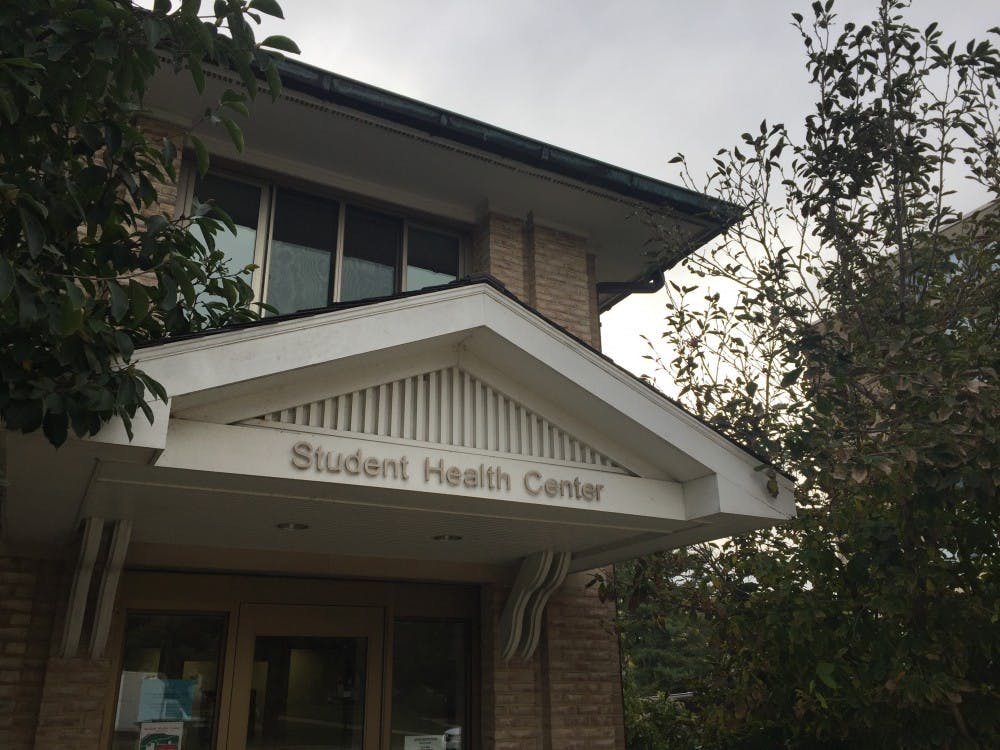American University, Georgetown University and the DC Department of Health co-hosted an information session on Sept. 15, discussing monkeypox prevention and detection on college campuses.
Dr. David Reitman, the medical director of AU’s Student Health Center, said the University is working with local administration and the health department to get vaccines on campus. Currently, the Student Health Center helps students obtain testing and additional information about the virus.
D.C. has recorded 472 cases of monkeypox since the outbreak started in May. In August, a presumptive case of monkeypox was identified in the AU community.
Cases of monkeypox in the district peaked in mid-July, averaging a 22 percent decrease in the number of cases per week since, Dr. Anil Mangla, a state epidemiologist with DC Health, said during the webinar.
“You see a decreasing percentage because vaccines are working. You’re getting more people protected,” Mangla said.
The DC Department of Health is administering around 800 doses per day of the smallpox vaccine, JYNNEOS, totaling around 31,000 doses.
District residents over the age of 18 can pre-register for a vaccine if they have had multiple sexual partners in the past two weeks, are sex workers of any sexual orientation or gender or work at any establishment where sexual activity occurs. Students qualify as district residents for pre-registration.
Vaccines can also be administered after exposure to a presumptive case of monkeypox to help stop symptoms. Possible symptoms can include a rash, fever, swollen lymph nodes and headaches.
Since vaccines can be given post-exposure, contact tracing can be used to identify possible exposure.
An individual identified as a close contact will be monitored for 21 days but will not have to quarantine.
If an individual does test positive for monkeypox, the isolation period is around two to four weeks. As Dr. Ranit Mishori, the chief public health officer at Georgetown University, explained, the lesions need to have new skin before an individual can be released from quarantine.
Ideally, Mishori said, those with monkeypox should quarantine off-campus.
According to the Communicable Diseases Addendum students who live on campus were required to sign this year, students who do test positive for monkeypox will be isolated in their current on-campus room assignment. In this situation, students should cover lesions and wear a mask, according to Mishori.
Mishori spoke on the importance of working with high-risk populations to reduce the stigma around monkeypox. While monkeypox cases are seen primarily in men who have sex with men, anyone can get monkeypox from skin-to-skin contact.
“It’s important to work hard internally to figure out how to reduce stigma on your campus,” Mishori said.
Though the risk of monkeypox on college campuses is currently low, Reitman said it's important to monitor the situation as college students live in close proximity to each other and use shared spaces.
In this case, Mishori says universities’ COVID-19 policies can be “tweaked and adapted” to address monkeypox.
“As physicians and public health professionals, I think we have no other choice but to rely on science and build trust through being very direct, important and transparent,” Mishori said.





